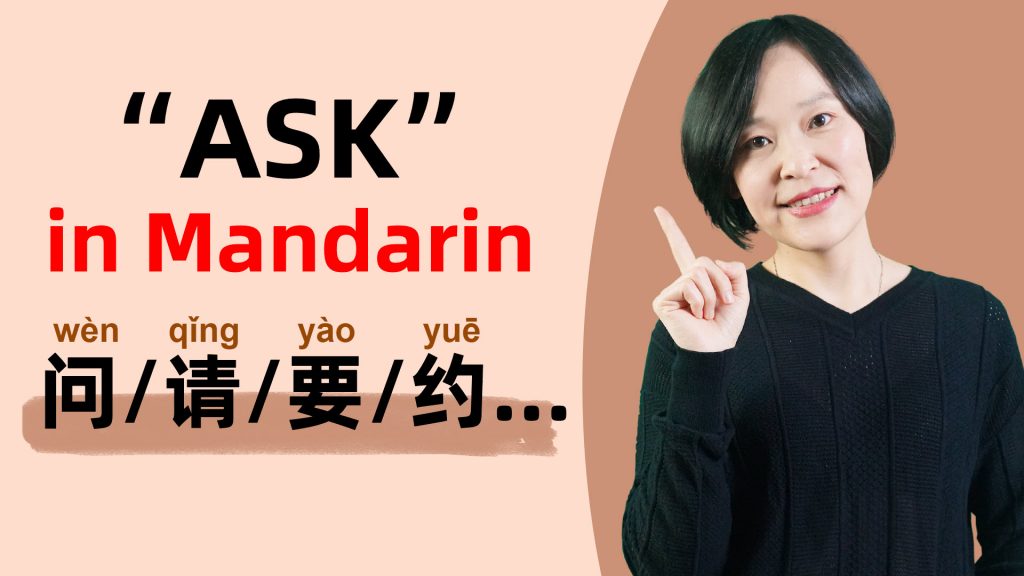Compared with English-speaking countries, Chinese family tree is much more complicated. Because in addition to generation and gender, the appellation of Chinese family members also takes into account factors such as maternal and paternal lineages, marriage, relative age, consanguinity and so on. Not only foreigners but also many Chinese people are confused by the Chinese family appellation. If you want to learn how to address your family in Chinese, here we have collected all kinds of Chinese kinship terms.
We also wrote an article about how to address Chinese people you meet like a native you may be interested in. By the way, if you want to speak fluent and idiomatic Chinese, you can check out our spoken Chinese course, which provides a large number of daily expressions you cannot learn in textbooks.
Chinese Family Tree / Family Members in Chinese
Different from western culture which focuses on nuclear families, Chinese family attaches great importance to consanguinity, so there is often a big family behind Chinese people, that is, the nuclear family plus the extended family. Therefore, the Chinese language is very rich in terms of relatives, and almost every single of our relatives has a corresponding term.
Primary Members of Nuclear Family
爸爸/父亲
Dad/father
妈妈/母亲
Mom/mother
哥哥/兄长
Older brother
姐姐
Elder sister
弟弟
Younger brother
妹妹
Younger sister
妻子
Wife in Chinese
丈夫
Husband in Chinese
儿子
Son
女儿
Daughter
Members of Extended Family
Family of Father’s Side
曾祖父/太公
曾祖母/太婆
Great-grandmother
爷爷
Grandfather
奶奶
Grandmother
伯父
Father’s elder brother
伯母
Wife of father’s elder brother
叔叔
Father’s younger brother
婶婶
Wife of father’s younger brother
姑姑
Sister of father
姑父
Husband of father’s sister
堂兄/堂哥
Son of father’s brother who is older than you
堂弟
Son of father’s brother who is younger than you
堂姐
Daughter of father’s brother who is older than you
堂妹
Daughter of father’s brother who is younger than you
表哥
Father's sister's son who is older than you
表姐
Father's sister's daughter who is older than you
表弟
Father's sister's son who is younger than you
表妹
Father's sister's daughter who is younger than you
Note: Many families in China have more than one child (which is one of the reasons for the complicated Chinese family tree), so you may need to address more one than person using the same kinship term. For example, your father has three older brothers. What would you call them? Well, in this case, we will use the prefix “大(dà, great/elder)”, “二(èr, second)”, “三(sān)” to distinguish “伯父” according to their age. So we call the eldest brother of our father “大伯”, the second eldest brother of our father “二伯”, and the third eldest brother of our father “三伯”. This trick also works with other kinship terms.
Family of Mother’s Side
外曾祖父/太外公
Mother’s grandfather
外曾祖母/太外婆
Mother’s grandmother
外公
Maternal grandfather
外婆
Maternal grandmother
舅舅
Maternal uncle/mother’s brother
舅妈
Maternal uncle’s wife
姨妈
Maternal aunt/mother’s sister
姨父
Maternal aunt’s husband
Note: Your maternal cousins in Chinese are also “表哥” “表姐” “表弟” or “表妹”.
If you think these titles are difficult to memorize one by one, you might as well learn to sing the following Chinese Family song.
SUPPLEMENTARY:
Mother-in-law in Chinese
岳母
Wife's mother/mother-in-law
婆婆
Husband's mother
Father-in-Law in Chinese
岳父
Wife's father/father-in-law
公公
Husband's father
Sister-in-law in Chinese
嫂子
Older brother’s wife
弟媳
Younger brother’s wife
大姨子
Wife's older sister
小姨子
Wife's younger sister
大姑子
Husband's older sister
小姑子
Husband's younger sister
Brother-in-Law in Chinese
姐夫
Older sister’s husband
妹夫
Younger sister’s husband
大舅子
Wife's older brother
小舅子
Wife's younger brother
大伯
Husband's older brother
小叔
Nephew in Chinese
侄子
Your brother's son
外甥
Your sister's son
Niece in Chinese
侄女
Your brother's daughter
外甥女
Your sister's daughter
Grandson in Chinese
孙子
The son of your son
外孙
The son of your daughter
Granddaughter in Chinese
孙女
The daughter of your son
外孙女
The daughter of your daughter
Conclusion
These are kinship terms of family members in Chinese. Do you remember them all? Make sure you are able to address everyone by the correct kinship, because it is a sign of politeness and respect. If you find we are missing the appellation of Chinese family members you want to know, let us know in the comments, and we will answer your questions.





Comments